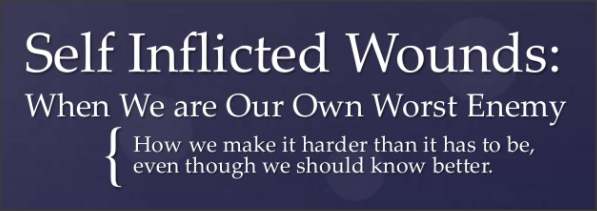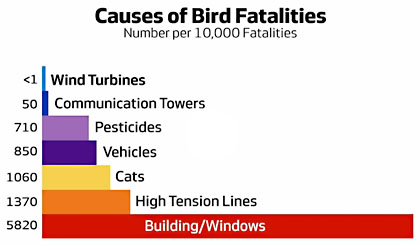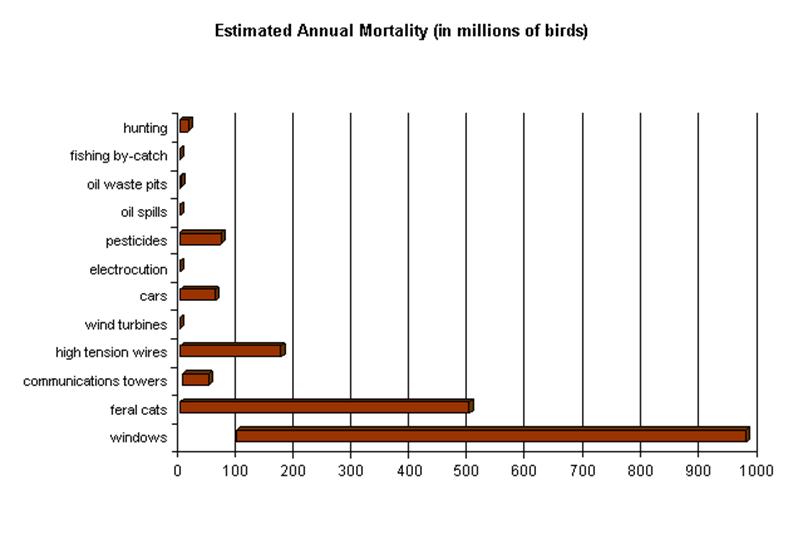Shintai
Supreme [H]ardness
- Joined
- Jul 1, 2016
- Messages
- 5,678
Remove all subsidies for power generation no matter the source...
You want to give subsidies to where you want to go and you have to when the initial cost is high. It will never be anywhere equal to an established base without. Its no different than when Intel for example had to kickstart the consumer SSD wave. You may however be able to replace subsidies with extra tax on what you dont want.
Last edited:
![[H]ard|Forum](/styles/hardforum/xenforo/logo_dark.png)






